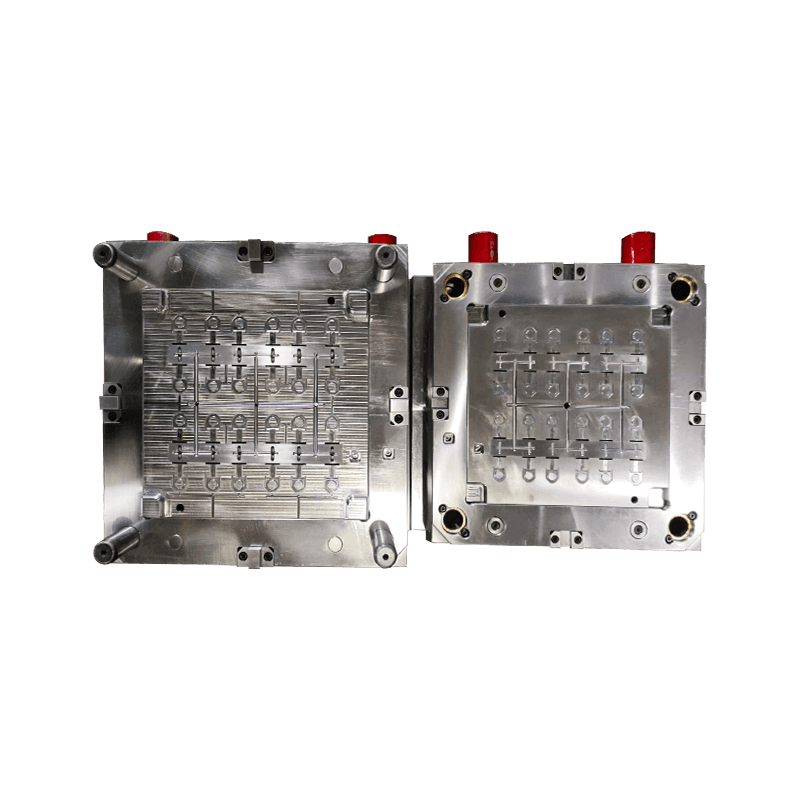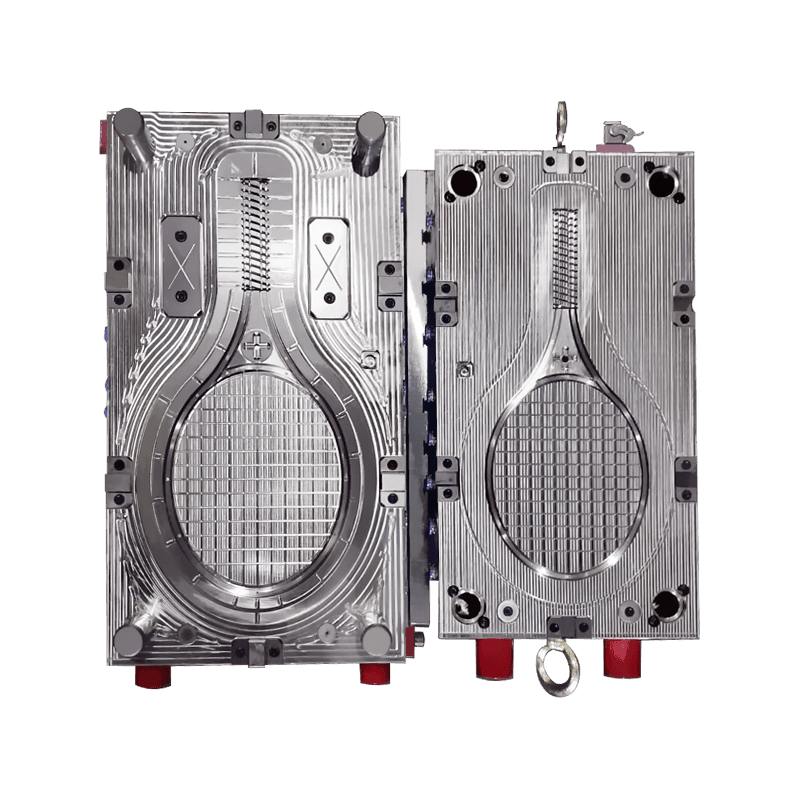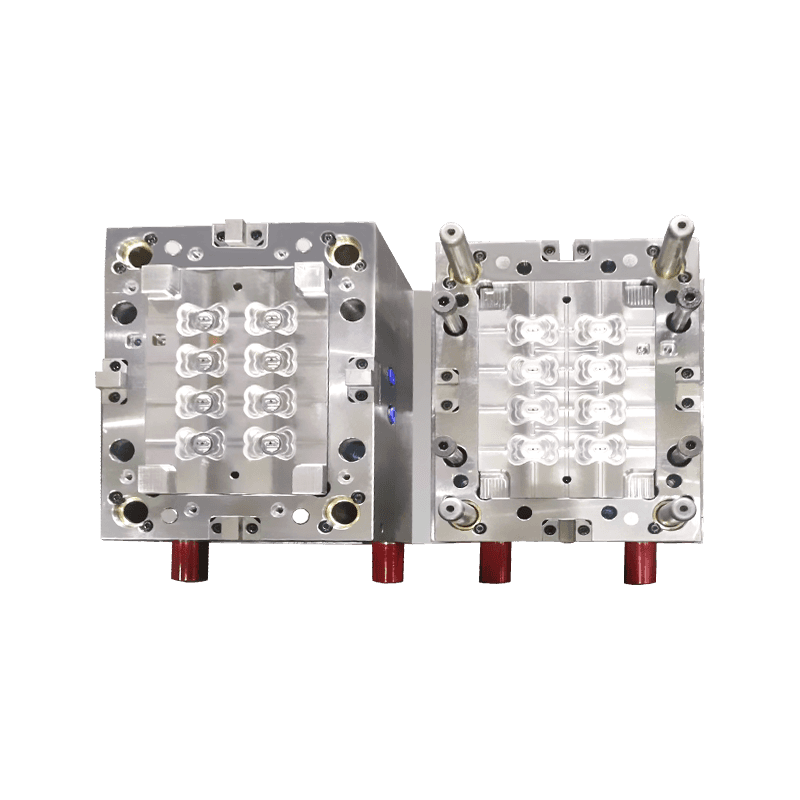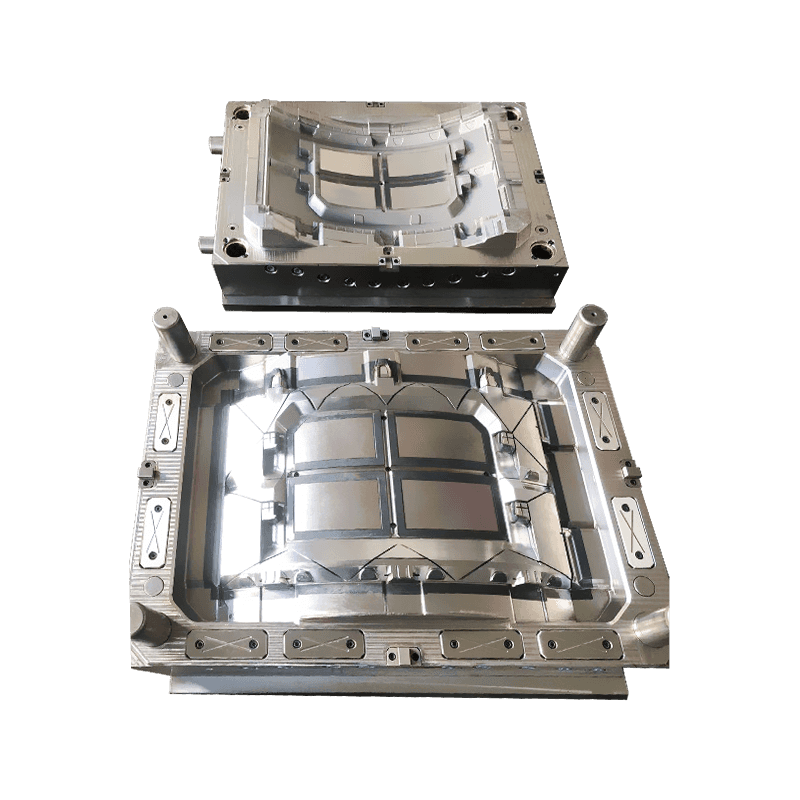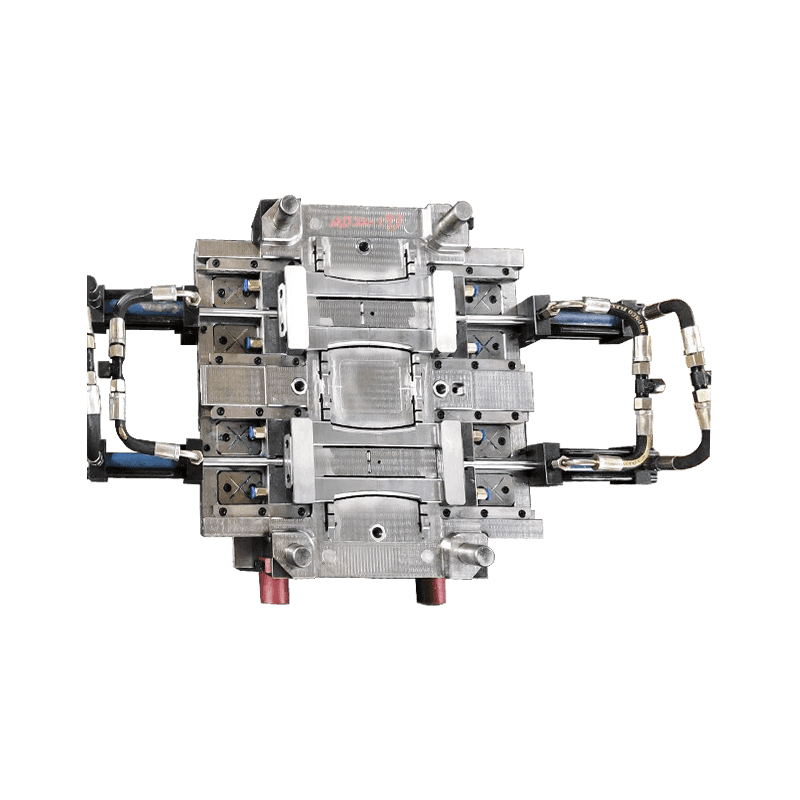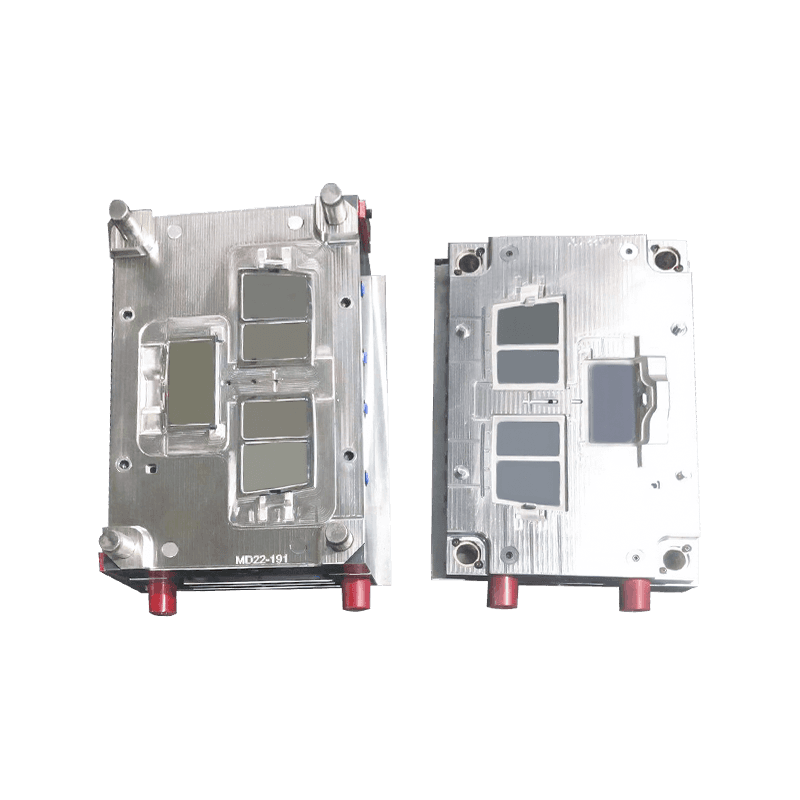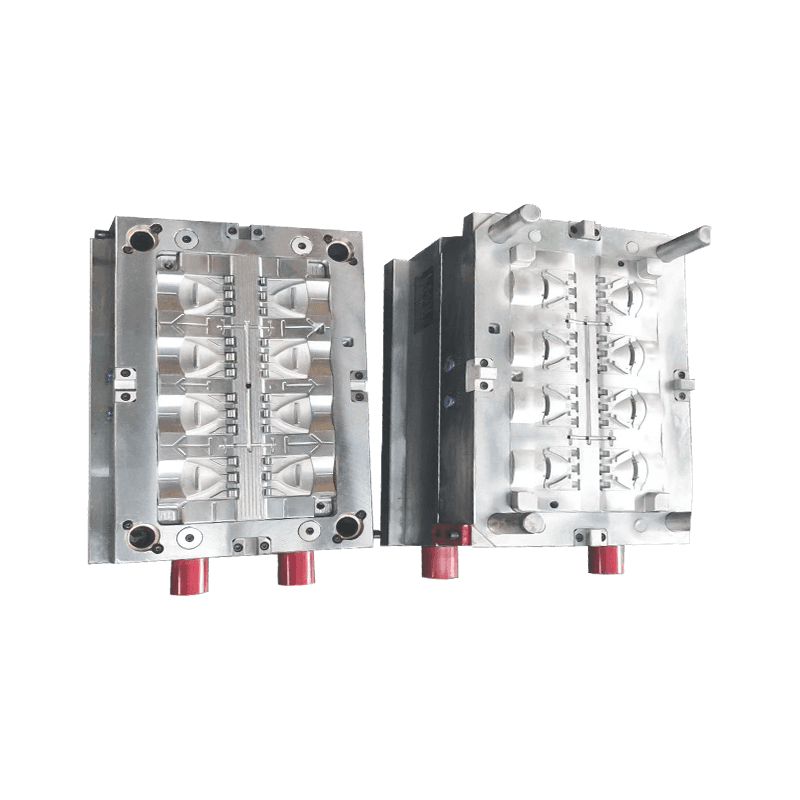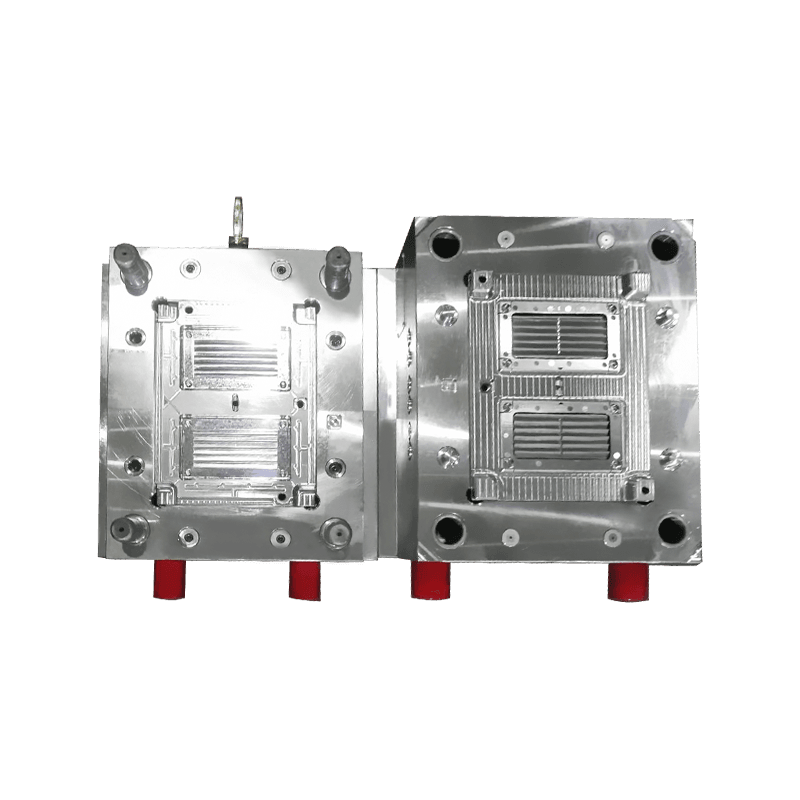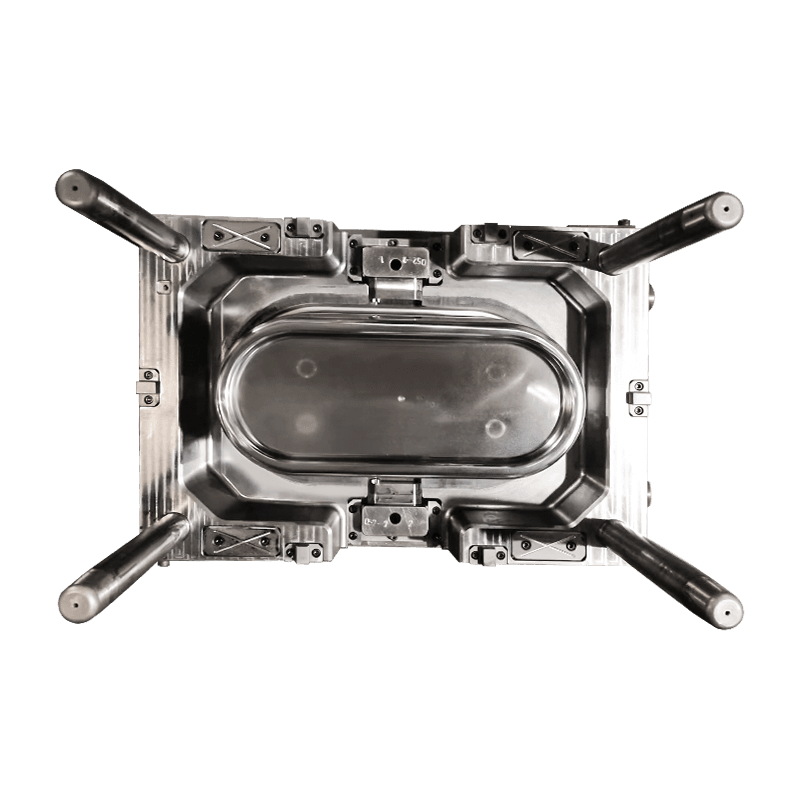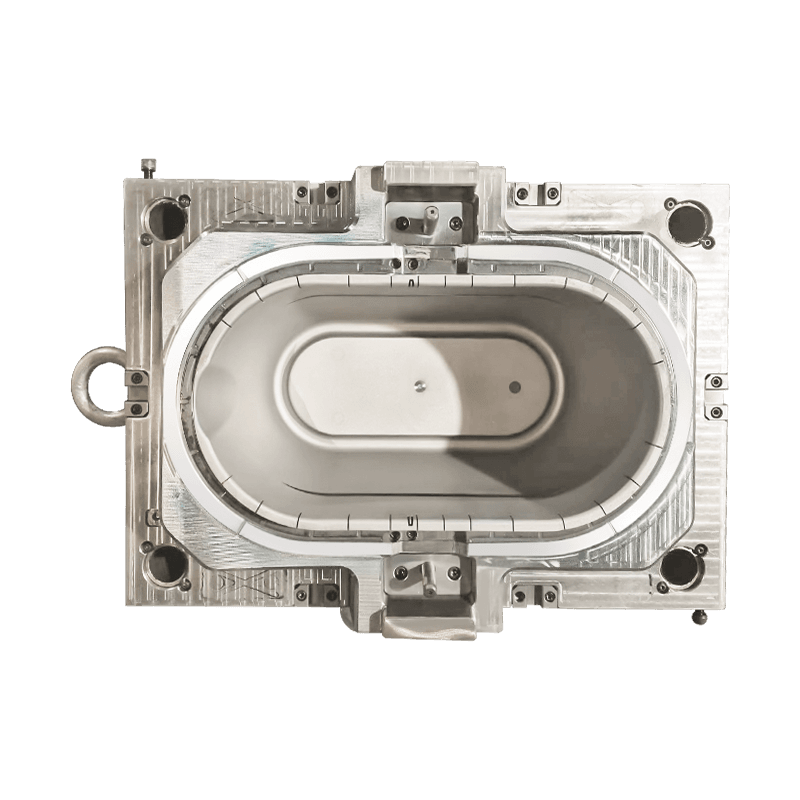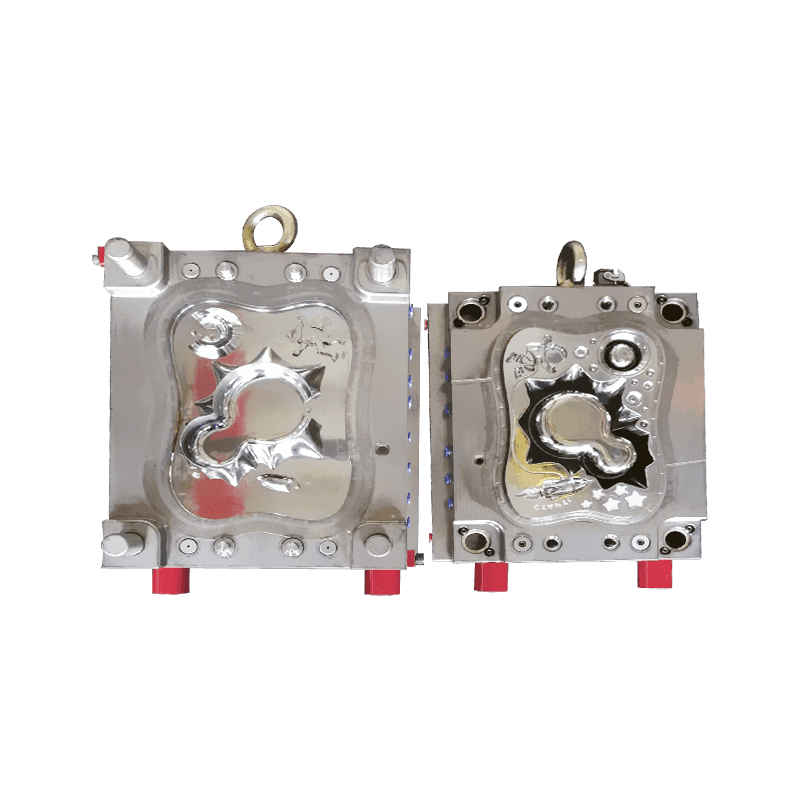Flower Vegetable Fruit Seedling Planting Box Molds
Get A Quote-
Seedling planting box molds play a crucial role in the cultivation of flowers, vegetables, and fruits by providing a structured environment for seed germination and early growth stages. These molds are essential tools used by gardeners, farmers, and horticulturists to ensure the successful establishment of healthy seedlings before transplanting them into the field or garden.
Seedling planting box molds are designed to facilitate the germination and growth of seeds into healthy seedlings. They provide a contained environment where seeds can be sown, protected, and nurtured until they develop into sturdy young plants ready for transplanting. The molds typically feature compartments or cells that accommodate individual seeds or seedlings, allowing for organized and efficient cultivation.
These molds are usually made from durable materials such as plastic, recycled plastic, or biodegradable materials like peat or paper pulp. The design of the molds may vary depending on the specific requirements of the plants being grown. Common designs include trays with individual cells, modular systems with stackable components, or biodegradable pots that can be planted directly into the soil. The molds may also incorporate features such as drainage holes, ventilation slots, and labeling options for easy identification of seedlings.
Seedling planting box molds come in a range of sizes and configurations to accommodate different types of plants and cultivation practices. Small-sized molds are suitable for starting seeds indoors or in limited spaces, while larger molds are ideal for commercial nurseries or extensive vegetable gardens. The configuration of the molds may include various cell sizes and arrangements to optimize space utilization and plant growth.
Using seedling planting box molds offers several benefits to gardeners and growers. They provide a controlled environment that promotes uniform germination and growth, pilot to healthier and more robust seedlings. Additionally, the molds help prevent root disturbance during transplanting, resulting in higher survival rates and better establishment in the field or garden. Moreover, the use of molds allows for efficient seedling management, including labeling, watering, and fertilization, thereby streamlining the cultivation process.
Seedling planting box molds are widely used in various settings, including home gardens, commercial nurseries, greenhouse operations, and agricultural farms. They are employed for starting a wide range of plants, including flowers, vegetables, herbs, and fruits. Gardeners and growers can sow seeds directly into the molds or transplant young seedlings from nursery trays for further growth. The versatility and convenience of seedling planting box molds make them indispensable tools for successful plant propagation and cultivation.
In recent years, there has been a growing emphasis on using eco-friendly and sustainable materials in seedling planting box molds. Manufacturers are increasingly offering biodegradable options made from renewable resources like peat, coconut coir, or paper pulp. These biodegradable molds can be planted directly into the soil along with the seedlings, reducing waste and minimizing environmental impact.
Seedling planting box molds are indispensable tools for gardeners, farmers, and horticulturists involved in the cultivation of flowers, vegetables, and fruits. With their functional design, versatility, and environmental considerations, these molds play a vital role in ensuring successful seed germination and healthy plant growth, contributing to bountiful harvests and vibrant gardens. -
About Us
Taizhou Yiwei Mold Co., Ltd.
We are a Custom Flower Vegetable Fruit Seedling Planting Box Molds Comapy and Wholesale Flower Vegetable Fruit Seedling Planting Box Molds Supplier with many years of industry experience and technical strength. We are committed to providing customers with high-quality, precision mold solutions. Since its establishment, it has established long-term cooperative relationships with many well-known domestic and foreign companies.We have a strong team, which includes a professional team of experienced process technicians, designers and quality control experts. They have rich mold manufacturing experience and profound technical knowledge, and can provide innovative design and production solutions according to customer needs.
Whether it is injection molds, die-casting molds, or extrusion molds, we are able to provide customized solutions according to customer needs. Our molds are widely used in the automotive industry, electronics industry, home appliance industry, and medical industry. Can meet customers' different production needs and market requirements.
News
-
Precision and Accuracy in Medical Injection Molding One of the standout characteristics of medical injection molding is its ability to produce highly precise and accurate parts. Me...
READ MORE -
Environmental protection is one of the visible public concerns affecting plastic products and, by extension, the molds used to produce them. Consumers and regulators are paying clo...
READ MORE -
What are the key design features of a mold for a large, structurally complex item like a tool box? Designing a mold for a tool box differs from molds for smaller items due to the p...
READ MORE

 English
English 中文简体
中文简体 русский
русский